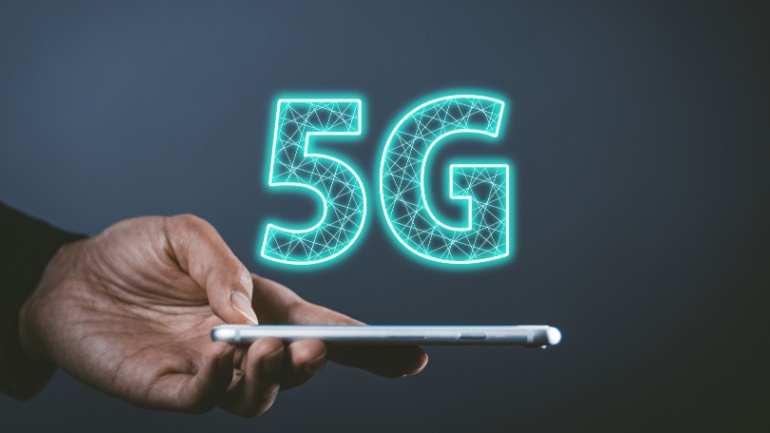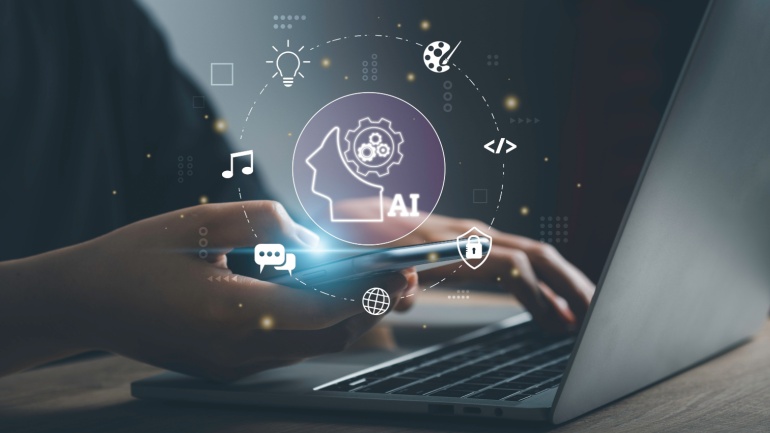Nokia and Claro have successfully concluded the first phase of Colombia’s most extensive 5G rollout, establishing 1,000 sites across the nation. This achievement came just four months after Colombian authorities granted 5G licenses, marking a significant step toward enhancing various industrial sectors, including transport, mining, energy, and oil and gas.
The US Commerce Department has prohibited the use of Kaspersky security software across the United States, citing national security concerns. The Bureau of Industry and Security (BIS) determined that Kaspersky’s cybersecurity products pose “unacceptable risks” to US national security and public safety.
Everton FC partnered with HPE’s Aruba to upgrade networking at their new stadium. Exertis and OpenText have enhanced their partnership to offer advanced security solutions. NEC and Ursa Space Systems are partnering to integrate NEC’s SAR satellite monitoring with Ursa Space’s global platform. Ericsson and Tomra collaborate to improve waste management with traceable recycling technology.
In collaboration with the i2CAT Foundation, Vodafone is advancing an automated multi-vendor management system tailored for Open RAN. This initiative aims to streamline the integration of diverse hardware and software components from multiple vendors, a key feature of Open RAN technology.
OpenAI has unveiled a deepfake detector specifically designed to identify content generated by its image creator, DALL-E. Initially, this tool will be available to a select group of disinformation researchers for practical testing. In the ever-evolving realm of cybersecurity, technologies like AI-driven deepfake detection, real-time monitoring, and advanced data analytics are reshaping digital security and authenticity. These innovations, often led by startups, are significantly improving the identification of manipulated content, thereby fostering more secure digital environments, according to GlobalData, a prominent data and analytics firm. Vaibhav Gundre, Project Manager for Disruptive Tech at GlobalData, highlighted the growing sophistication of AI-generated deepfakes, which pose substantial risks to individuals, businesses, and society. He noted that advanced detection methods, powered by machine learning, are increasingly effective in identifying and flagging manipulated content. These tools employ techniques such as analyzing biological signals and leveraging powerful algorithms to defend against the misuse of deepfakes for…
A new high-capacity data backbone spanning the UK, Netherlands, Germany, Denmark, and Norway promises increased capacity and redundancy. XL Axiata and Ericsson team up to integrate 4G and 5G services into a cloud-based network. AppDirect introduces AppDirect AI, a secure marketplace allowing users to create AI apps without coding. Cynomi expands its vCISO services to European MSPs and MSSPs, prioritizing data localization.
Telefónica, a leading telecommunications operator, has sealed a fresh agreement with tech giant Google Cloud aimed at turbocharging Telefónica’s journey into cloud adoption and AI-driven innovation. The deal, which extends the strategic collaboration between the two entities for another three years, is poised to usher in a wave of advancements across various fronts.
GoTo’s new AI-powered scam detection feature aims to protect users from rising remote support scams. Freedom Fibre secures funding for rural fibre rollout, Openreach extends network, but low uptake rates pose challenges.
Anritsu’s MasterClaw Service Assurance is now validated on Red Hat OpenShift, enhancing its cloud-native benefits. Aryaka expands its network with a new PoP in Madrid. DRFortress and Megaport have partnered to launch a new public cloud on-ramp solution.
Australia’s Communications and Media Authority has initiated legal proceedings against Optus, the nation’s second-largest telecommunications provider, following a significant data breach in 2022. The ACMA has taken the matter to the Federal Court, accusing Optus of failing to secure its customers’ personal data, thereby breaching the Telecommunications (Interception and Access) Act of 1979.
A recent survey among telecom and IT engineers at communications service providers (CSPs) indicates a positive outlook on the role of artificial intelligence (AI) in enhancing network performance and driving revenue. Conducted by Ciena and Censuswide, the survey involved over 1,500 telecom professionals from 17 countries.













